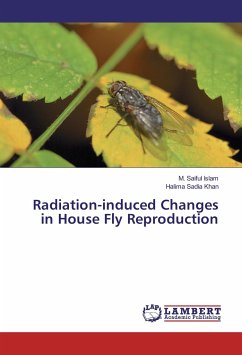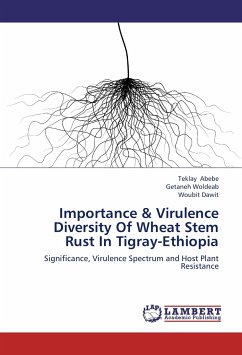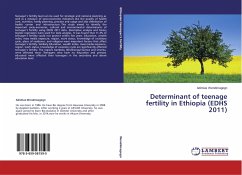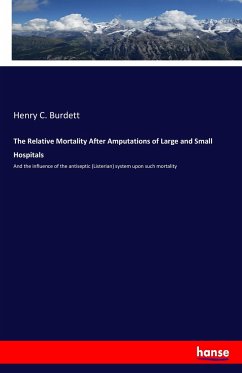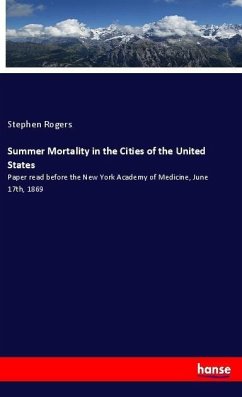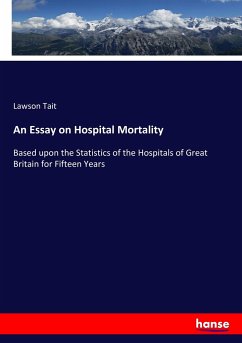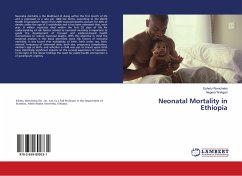
Neonatal Mortality in Ethiopia
Versandkostenfrei!
Versandfertig in 6-10 Tagen
24,99 €
inkl. MwSt.

PAYBACK Punkte
12 °P sammeln!
Neonatal mortality is the likelihood of dying within the first month of life and is expressed as a rate per 1000 live births. According to the World Health Organization report from 2005 neonatal deaths account for 40% of deaths under the age of 5 worldwide and it has been estimated that, each year, 8 million neonates died within the first 28 days of life. An understanding of risk factors related to neonatal mortality is important to guide the development of focused and evidence-based health interventions to reduce neonatal deaths. With this objective in mind the empirical analysis in this book...
Neonatal mortality is the likelihood of dying within the first month of life and is expressed as a rate per 1000 live births. According to the World Health Organization report from 2005 neonatal deaths account for 40% of deaths under the age of 5 worldwide and it has been estimated that, each year, 8 million neonates died within the first 28 days of life. An understanding of risk factors related to neonatal mortality is important to guide the development of focused and evidence-based health interventions to reduce neonatal deaths. With this objective in mind the empirical analysis in this book identified some risk factors of neonatal mortality. It was found that multiplicity of birth, birth order, sex, birth interval, frequency of antenatal visits, birth size, pregnancy complication, mother's age at birth, and whether a child was put to breast upon birth have statistically significant impacts on the survival experience of neonates. In the light of the above findings the need for public health intervention is of paramount urgency.



